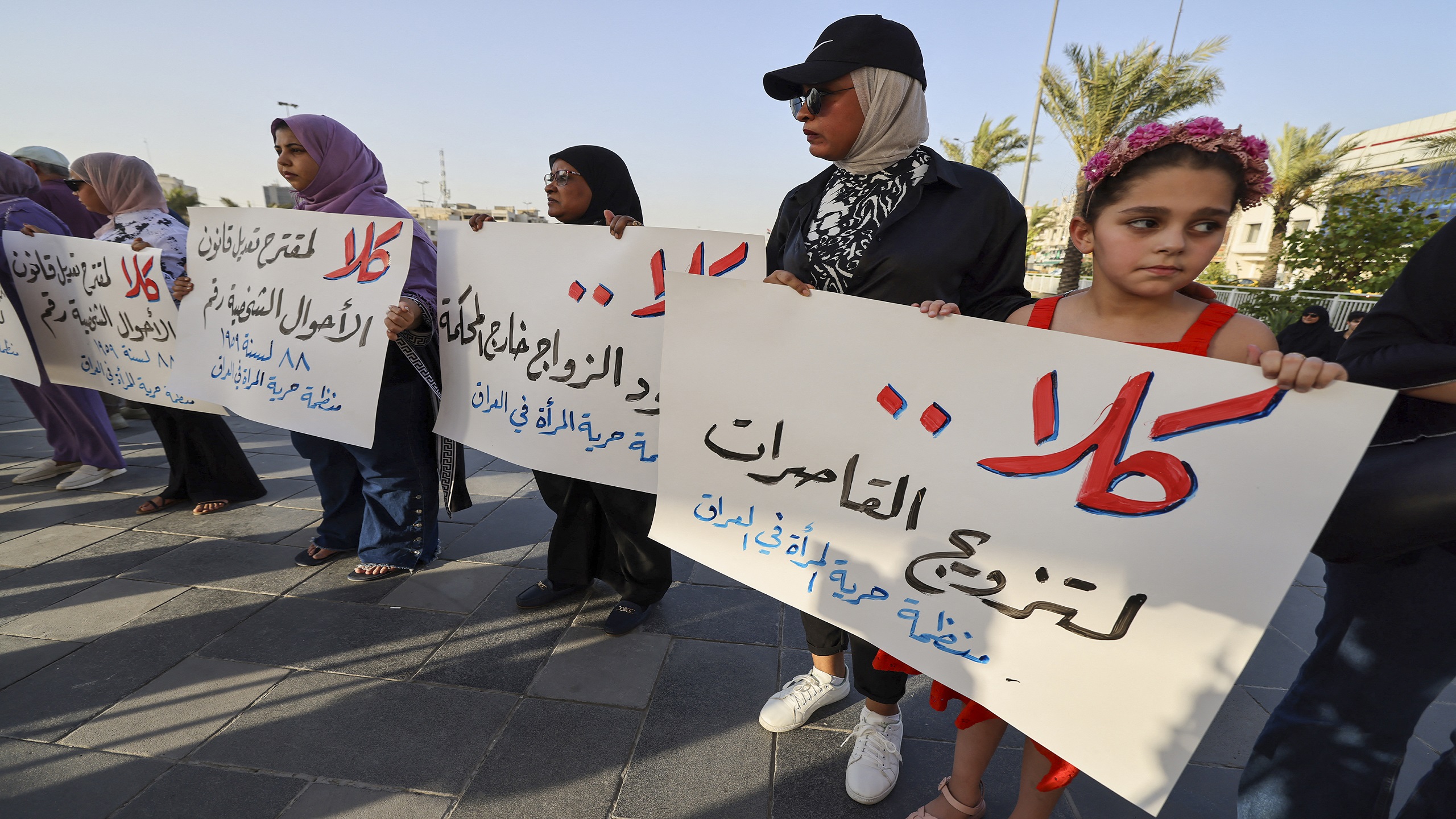Iraqi Parliament Passes Jaafari Code Curtailing Women’s Rights in Marriage, Divorce, Custody
In a surprising move, the Iraqi parliament approved the Jaafari Code, which will be incorporated into the new Iraqi Personal Status Law.
The Personal Status Law, adopted in 1959, has been amended to allow Iraqis to choose whether they want their marriages governed by Sunni law or the Jaafari Code, in accordance with Shiite law. Once someone selects the option of being governed by Sunni or Shiite law, they are not allowed to alter their decision.
The Iraqi parliament voted on the code last Wednesday, Aug. 27, 2025, while the Federal Court in Iraq, the highest authority, validated the voting procedures on the morning of Sunday, Aug. 31.
The new Jaafari Code, which contains more than 300 provisions, addresses personal status issues such as marriage, divorce, inheritance, alimony, custody and wills in line with Twelve Shiite (Imami) jurisprudence. Legal experts note that it offers an alternative legal path rather than replacing the current personal status system.
Give the gift of hope
We practice what we preach:
accurate, fearless journalism. But we can't do it alone.
- On the ground in Gaza, Syria, Israel, Egypt, Pakistan, and more
- Our program trained more than 100 journalists
- Calling out fake news and reporting real facts
- On the ground in Gaza, Syria, Israel, Egypt, Pakistan, and more
- Our program trained more than 100 journalists
- Calling out fake news and reporting real facts
Join us.
Support The Media Line. Save democracy.


Iraq’s parliament, controlled by pro-Iranian Shiite parties, argued that the 1959 Personal Status Law provisions were based on Sunni doctrine and that there should be a Shiite code. A vote was then taken to amend the law to govern marriage, divorce and other matters according to the sect. There are now two codes: one Sunni, considered the most equitable for women, and the other Shiite, considered restrictive.
Since its amendment last January, the law has faced numerous objections from various human rights groups, women’s rights groups and women themselves. However, the influence of Shiite clerics in Iraq’s parliament secured the passage of the law.
Human Rights Watch expressed concern about the law and the possibility that the minimum age for marriage — 18, according to the 1959 Personal Status Law — will be scrapped, likely increasing child marriage.
“It’s deeply disheartening to see Iraqi leaders move the country backward rather than forward on women and girls’ rights,” said Sarah Sanbar, Iraq researcher at Human Rights Watch.
Other controversial rulings in the Jaafari Code include the removal of maternal custody upon remarriage, the abolition of the first wife’s consent requirement for polygamy, and the removal of a woman’s right to custody and maintenance if she leaves the marital home.
Iraq is now among the few countries in the world where women’s rights are not equal based on their religious sect, and there are significant differences between the rights of Sunni and Shiite women.

